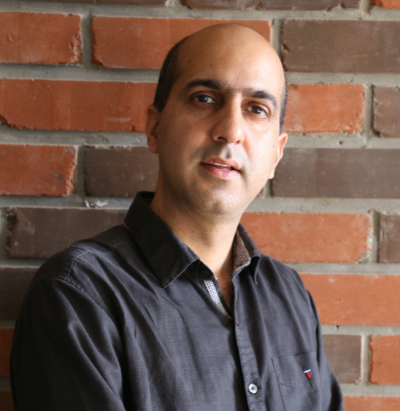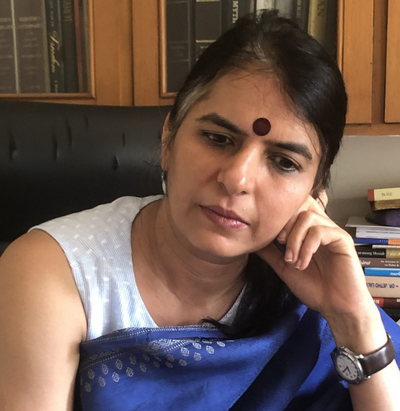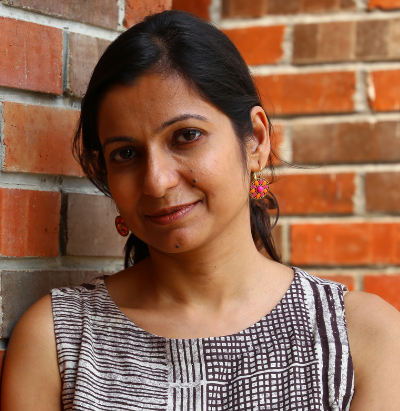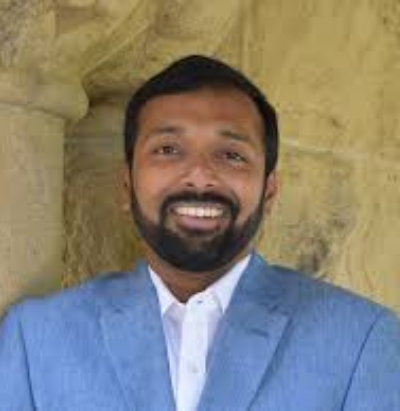In this course, we will address the question "What is sexuality" by reading some of the many books that have shaped our current ideas of the subject. These books will range across chronologies, cultures, and disciplines, starting with classical and medieval Indic texts -- the Kamasutra, Sufi poetry -- to ancient Greek and Roman classics -- the Symposium, the Metamorphoses. We will also read philosophical texts like the Discourse on Method, biological texts like The Origin of Species, psychoanalytical texts like The Interpretation of Dreams, and literary texts like Mary Shelley's Frankenstein. Together, these "great books" will allow us to trace threads that have gone into our current ways of thinking about sexuality.

Code: FC-0701-1 | Semester: Monsoon 2025
Course description to be updated.

Code: FC-0701-2 | Semester: Monsoon 2025
Families shape us, form us, for better or worse. How does literature talk about this institution? Does the world of imagination tell us deeper truths about the family—its potential to define, destroy, and heal? This course takes texts from across the world and focuses on this relation between the individual and the family; the joy and burden of kinship; the networks of relations that bind and set us free. In the process, we also hope to gain an understanding of literature as an institution, and its role in telling stories that are both real and imaginary.
Primary Texts:
1. Jane Austen, Pride and Prejudice
2. Amitabha Bagchi, Half the Night is Gone
3. Chimamanda Ngozi Adichie, Purple Hibiscus
4. Attia Hosain, Sunlight on a Broken Column
5. Daya Pawar, Baluta
6. Dharamvir Bharati, Andha Yug: The Age of Darkness
7. Mahesh Dattani, Dance Like a Man
8. Sophocles, Oedipus Rex
9. Alison Bechdel, Fun Home
Secondary Texts (excerpts):
1. Menon, Nivedita. Seeing like a feminist. Penguin UK, 2012.
2. Sarkar, Tanika, and Urvashi Butalia, eds. Women and the Hindu right: A collection of essays. Kali for Women, 1995.
3. Uberoi, Patricia. Freedom and destiny: Gender, family, and popular culture in India. Oxford University Press, USA, 2006.
4. Kakar, Sudhir. "The Inner World: A Psycho-Analytic Study of Childhood and Society in India." (1978).
5. Sattar, Arshia. Maryada: Searching for Dharma in the Ramayana. Harper Collins, India, 2020.
Course Philosophy:
A key to a robust and fulfilling class experience is that the instructor and students have a common understanding on what the course is about, i.e., not only what it will do, but also what it will not include or focus upon. The instructor will make sure that this understanding of the course, as a whole and in parts, is communicated. However, feel free to approach us in case of any questions and discussions that may arise in your mind. Do note that the course will proceed sequentially so that you have time to read all the texts; however, the duration spent on each text may sometimes vary depending upon the nature of interest and involvement we feel. Students are expected to procure and read all the primary texts. Secondary text excerpts and articles will be made available to the class. They will inform our reading of the primary texts, but we may not have the time to discuss each and every piece in class.
The instructor likes to be interrupted; so please do not wait for cues to participate in class—instead, view the classroom experience as an adda (without food, of course!). Allow room for both focused and meaningful digressions.

Code: FC-0701-3 | Semester: Monsoon 2025
What is liberal arts education? Is it identified with particular subjects, or a certain style of teaching and learning? This course will offer an introduction to liberal arts education as it might be practiced in a literature classroom for non-specialists, including students who may major in any subject at Ashoka – a be it literature, economics, or biology. Our focus will be on English as a world language, and particularly one of global literature. How did the British Empire shape a global terrain of colonial modernity? How did that modernity merge with Anglo-American globalization of the twentieth and twenty-first centuries? How did this create the English-speaking and English-reading worlds, and how did it turn English into a
language of world literature? We will examine the transnational trajectory of this diverse and diffuse body of writing, including work from spaces with vastly different histories – the colonies in sub-Saharan Africa, the Caribbean and South Asia, and the hard-to-classify context of South Africa.
Evaluation: Attendance: 10%; Group presentation: 20%; Midterm: 30%; Final Exam: 40%; DS Attendance: 10%

Code: FC-0701-4 | Semester: Monsoon 2025
Course description to be updated.

Code: FC-0701-5 | Semester: Monsoon 2025
Literature lives in a strange place where the word meets the world: here, the fantastical can seem familiar and the mundane may seem bizarre. The act of reading allows us to imagine the strange worlds of others as if we lived in them, and, equally, to reimagine our everyday worlds as if we viewed them through unfamiliar eyes. This imaginative encounter with otherness—other people, other perspectives, other places, and other worlds—lies at the heart of the literary experience.
In South Asia, the literary encounter with otherness is inextricable from the worldly encounters of caste. The aesthetics of caste inform our literary sensibilities, the social experiences of caste frame the world we inhabit, and the everyday performances of caste shape our bodies. In short, the encounters that create our aesthetic, social, and embodied experiences—between the word and the world, between the self and the other, and between the real and the imagined—are all entangled with caste.
This course will examine the relationship between literature and the world by focussing on the aesthetic, social, and embodied experiences of caste. We will ask: What can caste and literature tell us about each other? What do the intersections of caste and literature tell us about the world? How does our experience of the world inform and inflect our responses to literary representations of caste? And, perhaps most important, how will this kind of literary experience help us inhabit the world? We will read fiction, nonfiction, poems, and plays to explore what literature can reveal about others, ourselves, and a world organized by caste.
